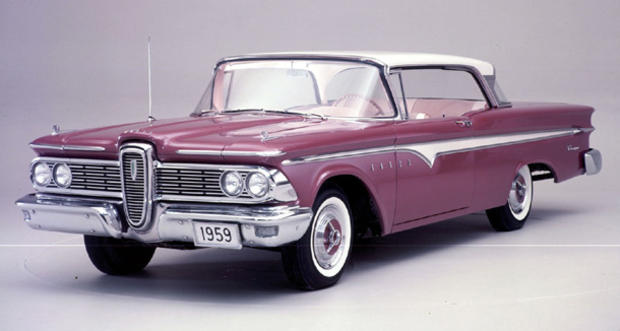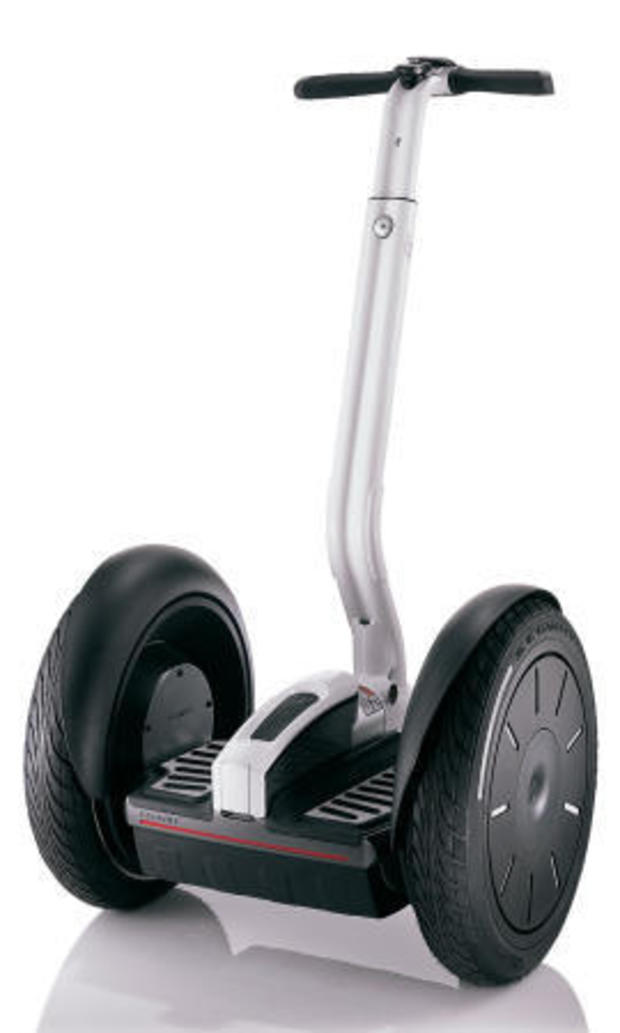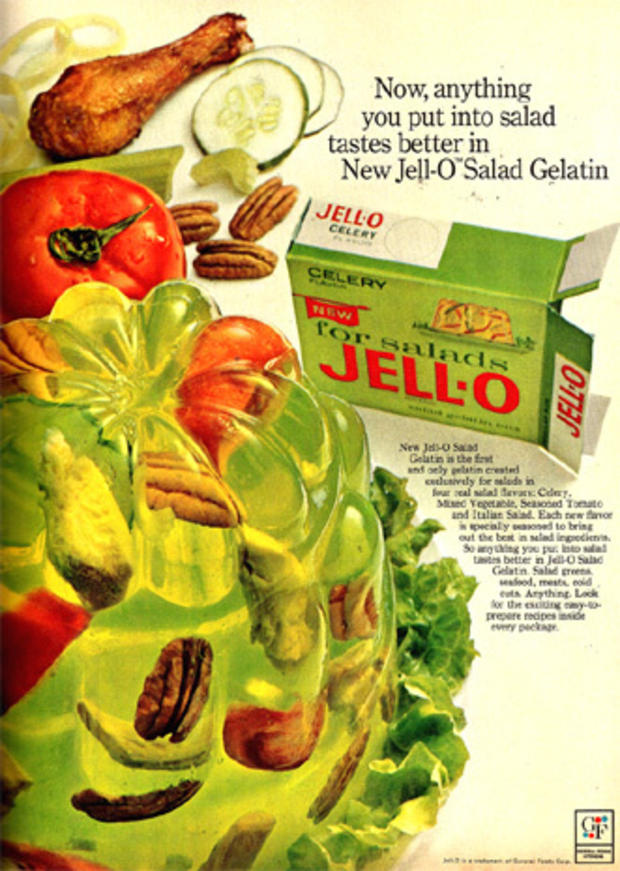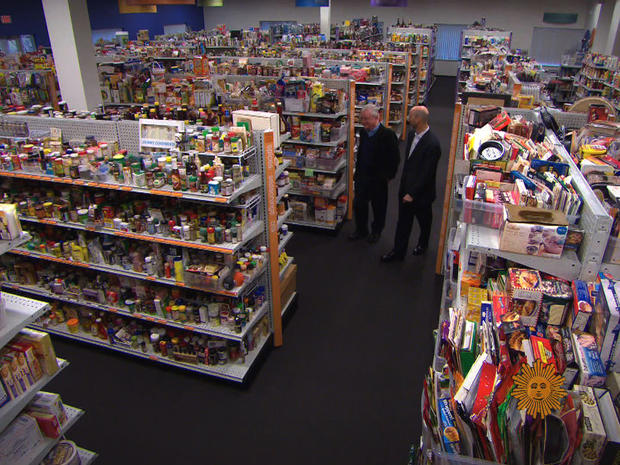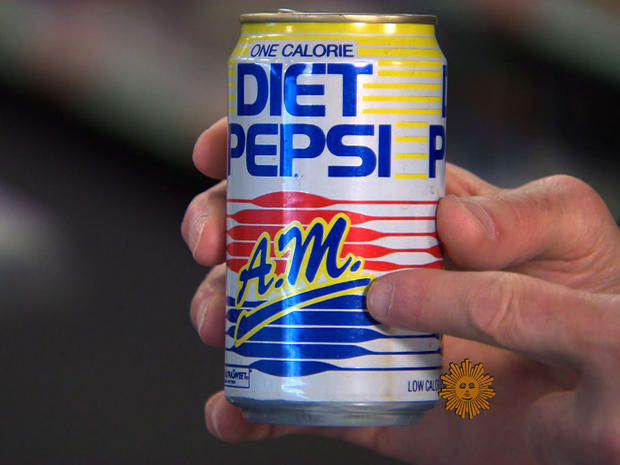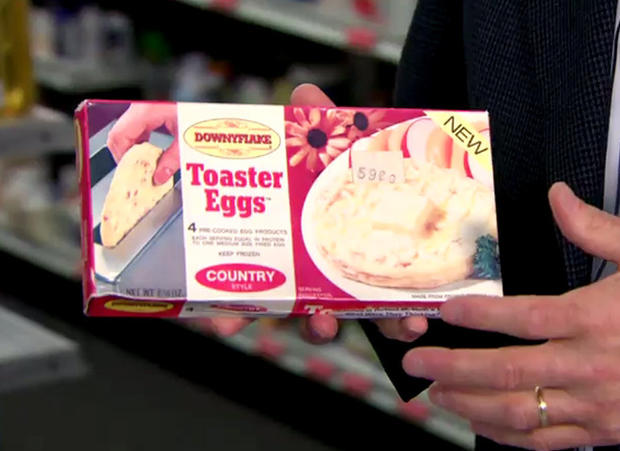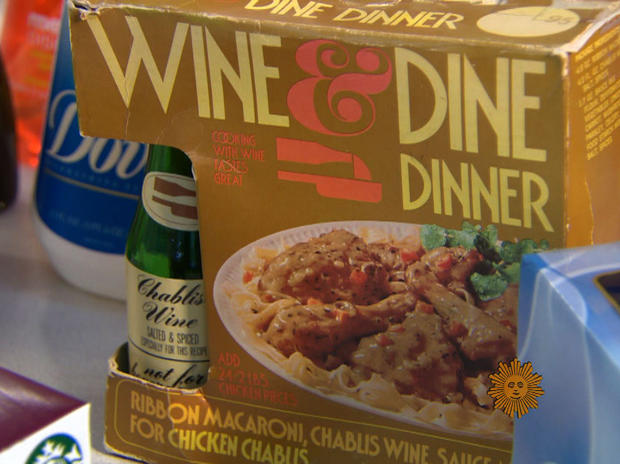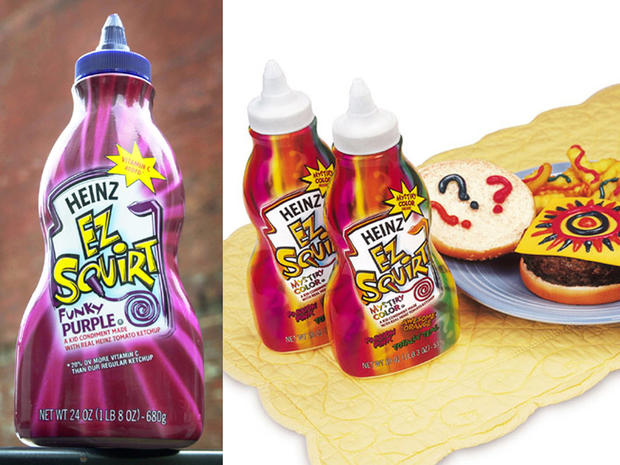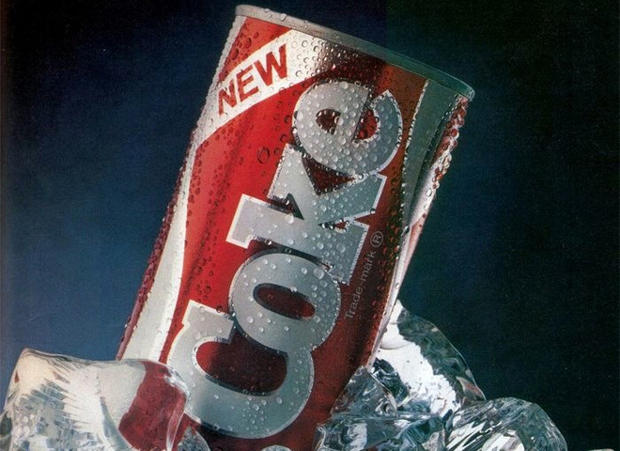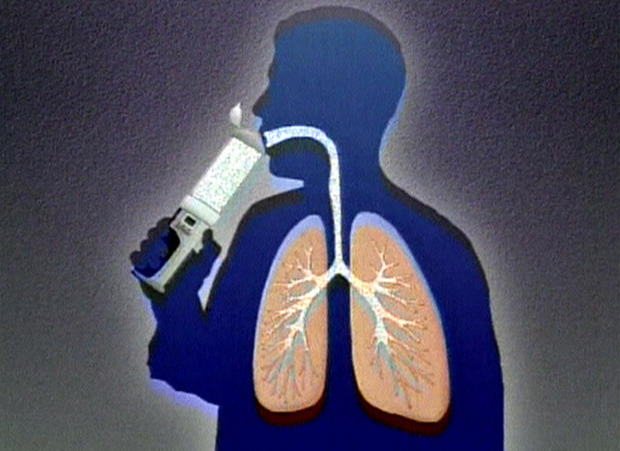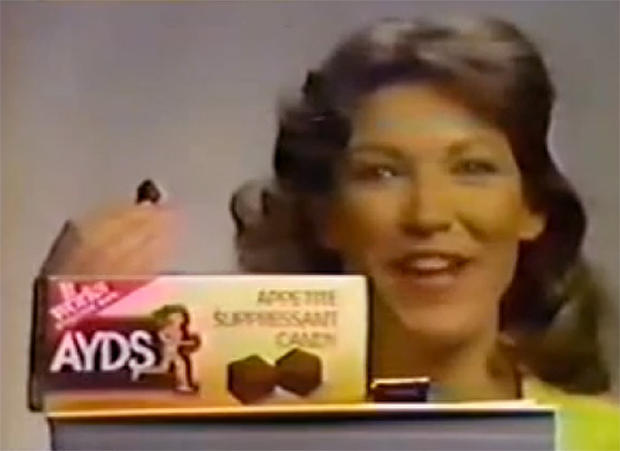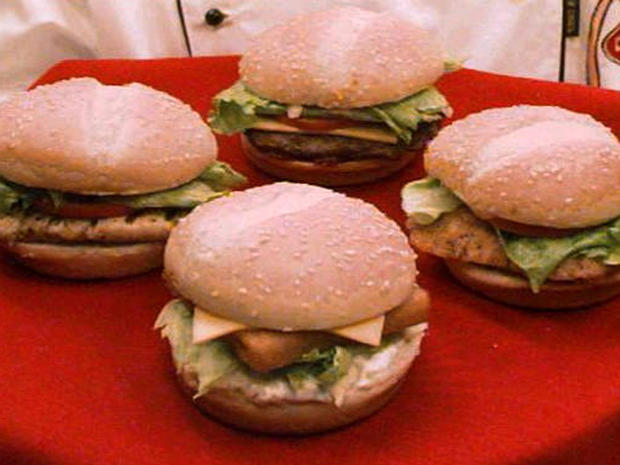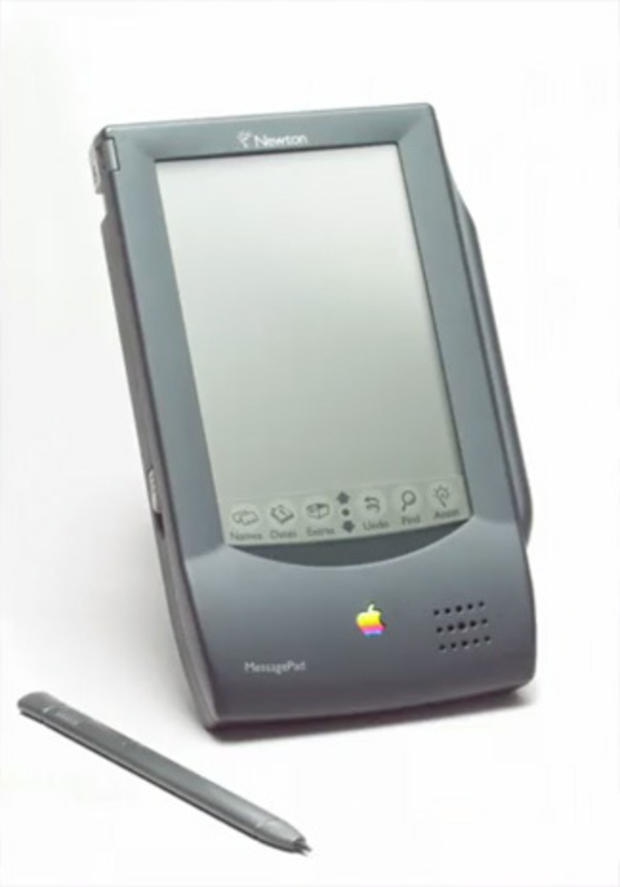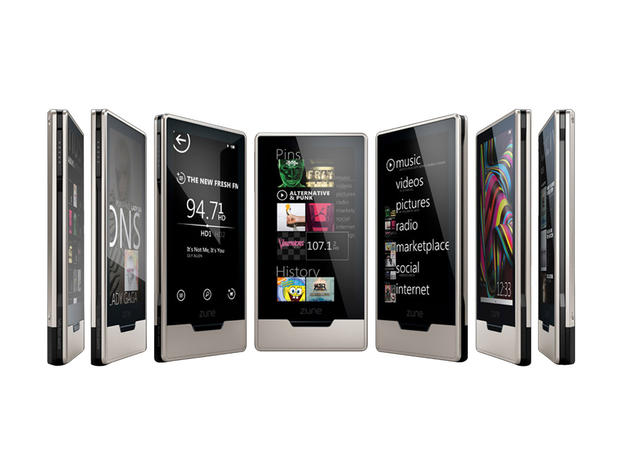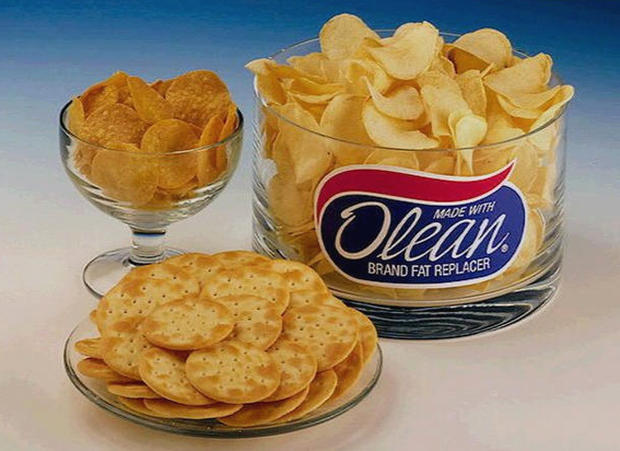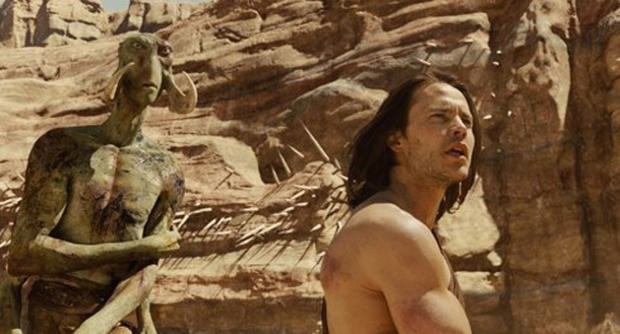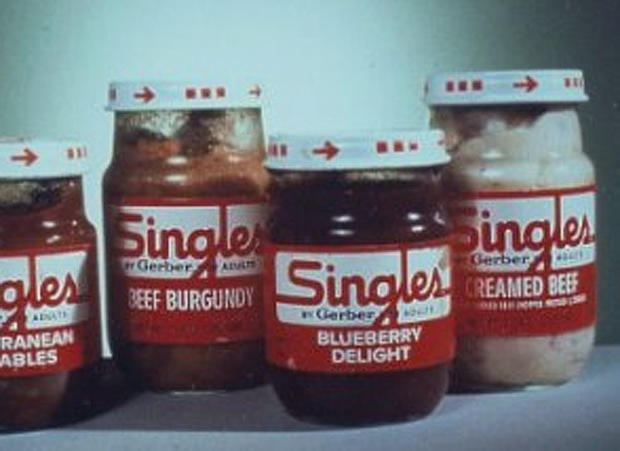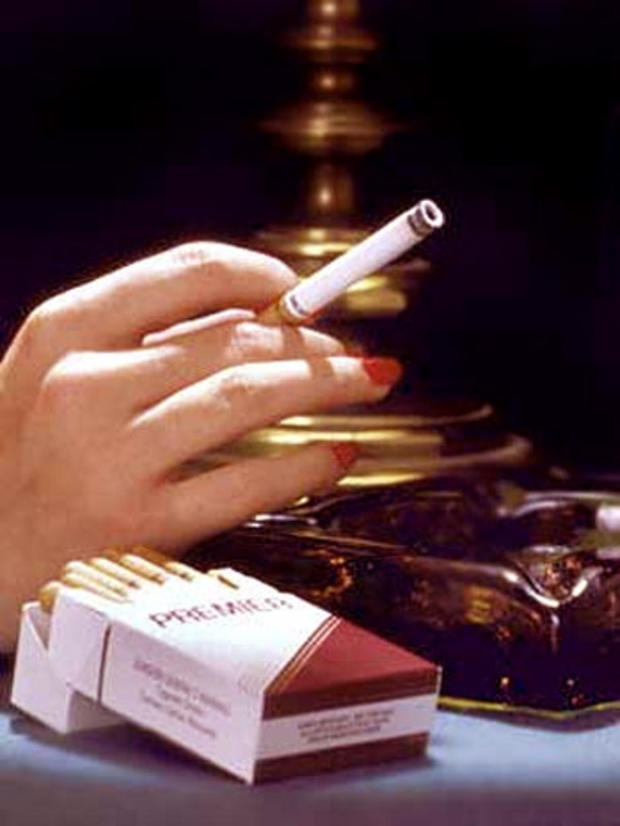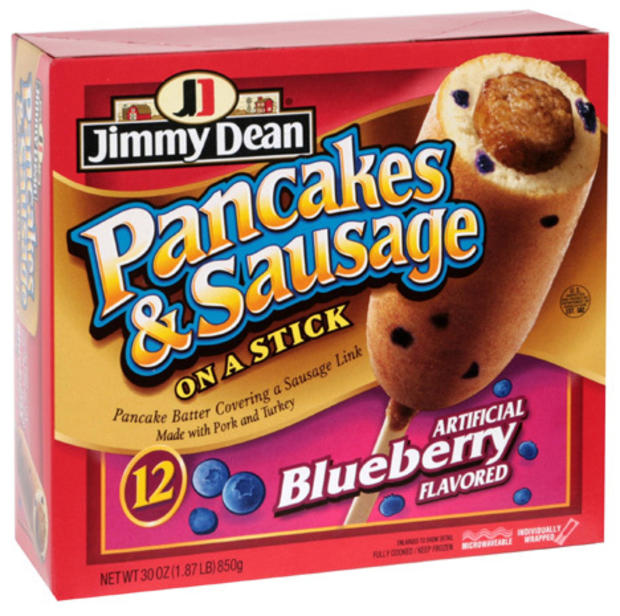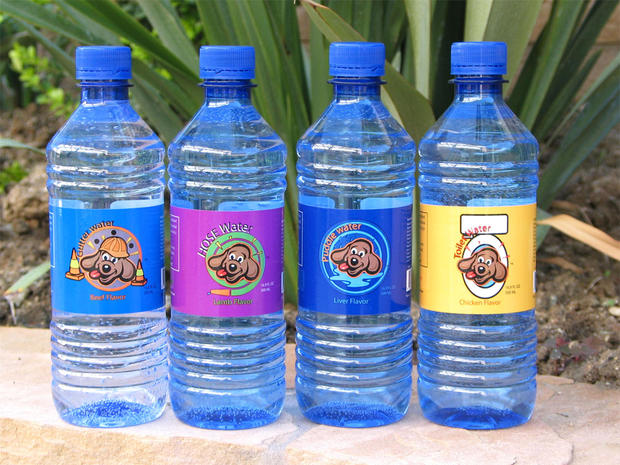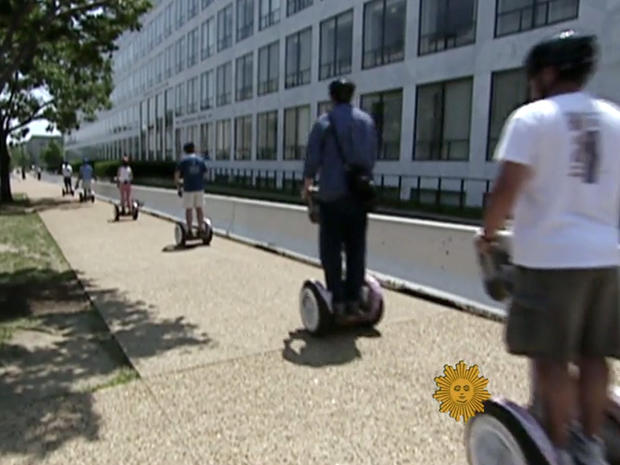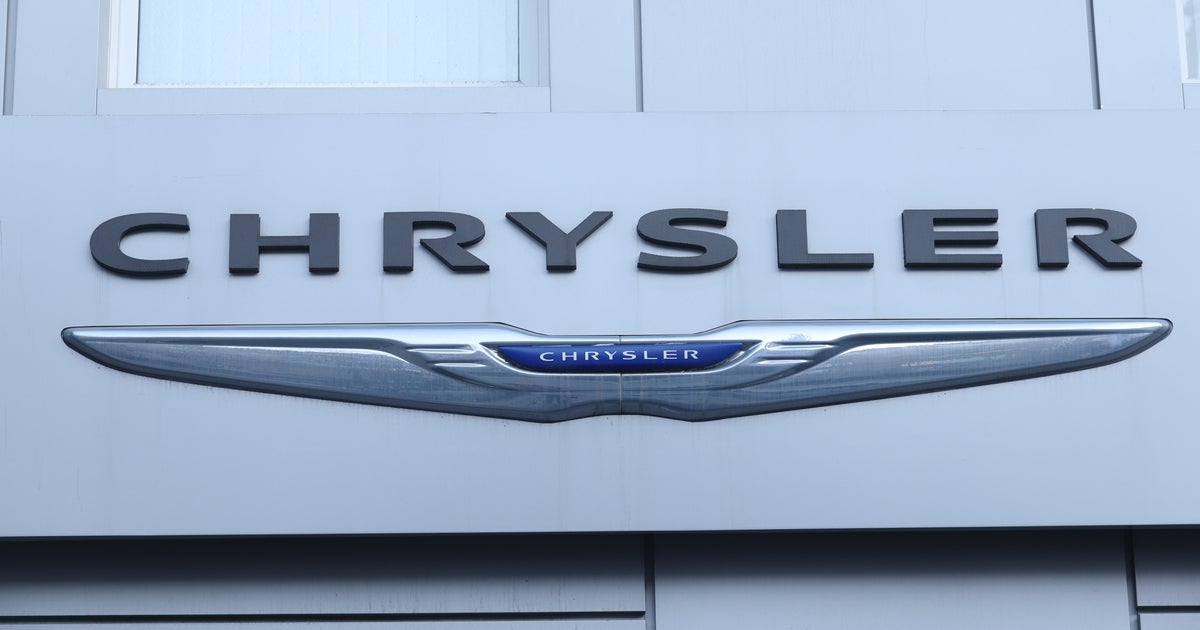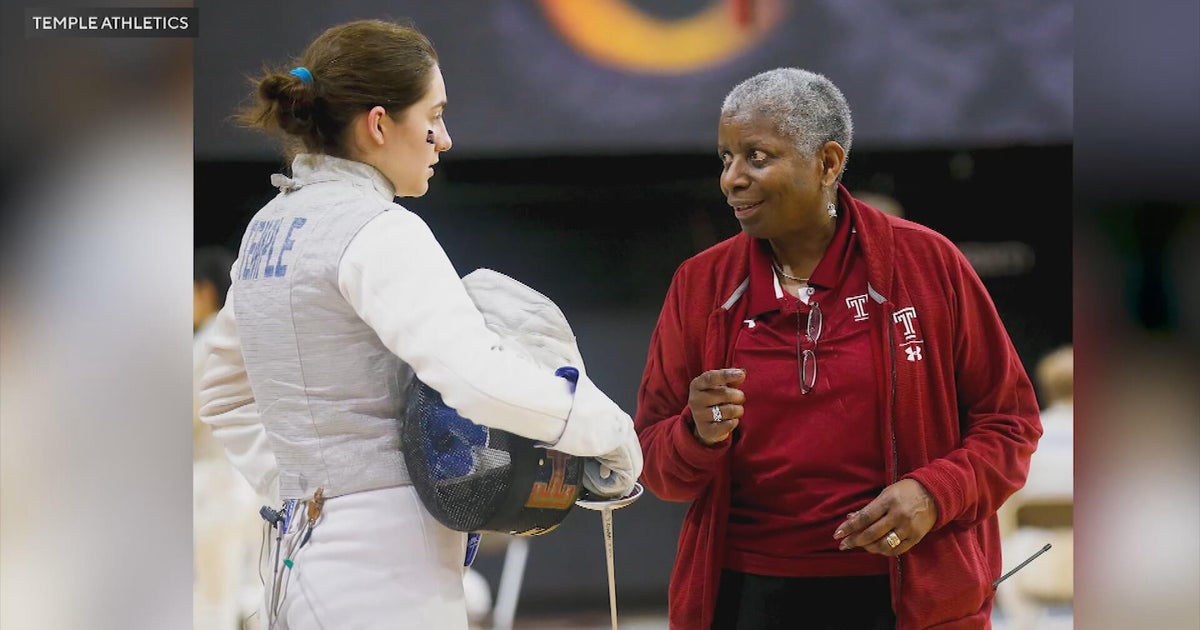Epic, embarrassing product failures
In the 1950s the Ford Motor Company planned to upgrade its Lincoln line, and introduced a new car to compete against Oldsmobile and Buick. The Edsel gave everybody a good laugh -- unless you owned one. "People would talk about getting a car with different pieces missing that they'd have to go back and then get them replaced," said Jonah Berger, marketing professor at the Wharton Business School in Philadelphia. After three years and only 84,000 cars sold, the Edsel was killed, costing Ford $350 million.
Fewer than 20 percent of new products succeed in the marketplace, according to market research firm GfK. And of those that fail, some do so spectacularly.
By CBSNews.com senior producer David Morgan
Segway
The Segway - a technologically advanced, two-wheeled, battery-powered vehicle invented by Dean Kamen - promised to change transportation forever, but at about $3,000, it was "much, much more expensive than people expected," said the Wharton Business School's Jonah Berger.
What's more, some cities started banning them from sidewalks. "It very quickly became a joke rather than the future," said Berger.
While institutional sales helped ensure that warehouse supervisors and mall cops would not have to actually walk anywhere, consumer sales were thin for a product that was heralded as the Next Big Thing.
To add injury to insult, in 2010 the owner of the Segway company, James Heselden, died when the Segway he was riding plunged off a cliff.
Vegetable-Flavored Jell-O
In T. Coraghessan Boyle's 1993 novel, "The Road to Wellville," an early-20th century entrepreneur tries to jump on the breakfast cereal bandwagon by developing a cereal derived from celery. Even pigs wouldn't eat it.
So it's little surprise that vegetable-flavored Jell-O would receive a similar reception, as when General Foods introduced gelatins in four new flavors: Celery, Seasoned Tomato, Mixed Vegetable, and Italian Salad.
New Product Works
New Product Works in Ann Arbor, Mich., is a repository of consumer products overseen by market research firm GfK. It stores about 120,000 products in 350 categories - both the successful and the forgotten.
Pepsi A.M.
Crystal Pepsi -- a "clear" cola beverage -- was a flop, but an even weirder marketing ploy was the 1989 "Pepsi A.M." (left), a soft drink to be consumed for breakfast.
"Pepsi has done a lot of brilliant things in their advertising and new products," said Elliott Rossum of New Product Works. "But this was not one of them."
Toaster Eggs
Downyflake's Toaster Eggs were a kind of hockey puck of "egg product" that tried to ride the popularity of Pop Tarts for re-heatable breakfast food.
At least Toaster Eggs didn't drip grease onto heating elements, like Reddi-Whip's short-lived Reddi-Bacon ("Real bacon that cooks in your toaster!").
Wine & Dine Dinner
Heublein's Wine & Dine Dinner packaged a small bottle of cooking wine with its easy-to-make Chicken Chablis meal. Consumers who didn't know better thought the enclosed wine was for drinking, only to discover a rather unpleasant surprise to the palate.
Colored Ketchup
"Heinz 57 Varieties" - the advertising slogan of the ketchup maker - didn't really need any more varieties, especially when they were the Funky Purple, Blastin' Green or Stellar Blue ketchups marketed to kids beginning in 2000.
What was even worse was the "Mystery Color" ketchup, which meant you had no idea what color condiment would coat your French fries. C'est degoutant!
New Coke
In 1985 Coca-Cola announced it was retiring its familiar recipe and introducing a new beverage, New Coke, after research suggested a new drink was needed to revitalize the brand. But the Atlanta-based company didn't count on the public's emotional attachment to the "real thing."
Despite a heavy marketing campaign, sales of New Coke were tepid. Instead, fans of the "old" Coke protested, signed petitions, made phone calls - and ultimately cheered when Coke executives announced less than three months later that the original recipe of Coca-Cola (now called "Coca-Cola Classic") was heading back to store shelves.
Today New Coke is seen as one of the great corporate blunders of all time -- though the brouhaha and re-introduction of the original Coke did spur sales, increasing revenue and helping the company regain its Number One position in the beverage sector from rival PepsiCo. A very sneaky comeback.
Exubera
Exubera, launched by Pfizer in 2006, stumbled with consumers and doctors alike when the inhalable form of insulin was found to be no more effective that injectable insulin while being nearly twice as expensive. [The New York Times reported in 2007 that Merck's diabetes pill, Januvia, was being prescribed about 25 times as often as Exubera.]
Pfizer took a reported $2.8 billion write-off on Exubera.
Ayds
Sometimes a product failure is due to circumstances seemingly beyond the company's control. Originally marketed in the 1930s, the appetite suppressant candy Ayds suffered in the 1980s as consumers gained awareness of a fatal epidemic bearing an uncomfortably similar name.
The company responded by changing the product's name - to Diet Ayds.
Arch Deluxe
In 1996 McDonald's tried to go upscale with their Arch Deluxe burger - a more expensive sandwich containing a quarter pound of beef, bacon, lettuce, tomato, cheese, onions, ketchup, and a "secret" sauce, all on a split-top sesame seed bun.
With a $150 million ad campaign that counter-intuitively showed kids reacting negatively to the burger (operating under the assumption that adults would be attracted by a more "grown-up" taste at the kid-friendly fast-food chain), the Arch Deluxe - which contained 79 percent of the U.S. recommended daily allowance of sodium, and 36 grams of fat - was a disaster.
Newton
Apple spent about $100 million to develop the personal digital assistant called the Newton, which used handwriting recognition software in what the tech giant thought was a machine that would rewrite the rules of computer use. However, the Newton's size - too small for a tablet computer, too large to fit in one's pocket - made it ineffective for many, and after five years Apple discontinued the PDA owing to disappointing sales.
Later, when Apple CEO Steve Jobs introduced the iPhone, he intoned that it would require not a stylus but a pointing device everyone already had: A finger.
Offsides
Several attempts to compete against the National Football League have flopped. In the 1970s the World Football League (far left) - intended to expand the game's reach beyond the U.S. - barely got offshore before its 13 teams folded.
Center: Quarterback Jim Kelly of the Houston Gamblers scrambles during a 1985 season USFL game. The United States Football League played a spring/summer schedule, but only lasted three years.
In 2001 the XFL - World Wrestling Entertainment's joint venture with NBC to create an eight-team football league away from stodgy NFL rules (or pricey NFL broadcast fees) - withered after a single season of play.
Zune
In 2012 Slate Magazine's Farhad Majoo wrote that Microsoft's line of Zune digital media players was "the tech industry's Edsel."
Majoo noted that the Zune came to market two years after the iPod, which had by then established itself as the world's leading digital entertainment device: "To beat it, Microsoft needed to offer something that would make Apple's device look pitifully old-fashioned. The Zune HD didn't do that."
Olestra
In the mid-1990s the FDA approved Olestra, a zero-calorie fat substitute (sold under the brand name Olean) for use in place of high-fat oils and shortening in processed foods. With great fanfare Olestra was added to the nutrition labels of snack foods, such as Lay's Light potato chips. However, the FDA also required a warning label: "Olestra may cause abdominal cramping and loose stools," which -- according to thousands of complaints received from consumers -- it did.
The FDA warning was later rescinded, but a 2011 study published in Behavioral Neuroscience found that rats with a high-fat diet eating potato chips cooked with Olestra gained more weight that did rats eating regular potato chips.
Proctor & Gamble has since posted an open letter from the "Olean Team". "All we are asking for is a fair chance," the letter states. "[T]ry foods with Olestra and you decide. At the end of the day, all you have to lose - is the fat."
Apple Maps
When Apple launched its Apple Maps app in 2012, replacing an earlier iPhone map application by Google, iPhone consumers may have been forgiven for believing they were using a Beta version. Apple Maps pulled in data from numerous suppliers, to produce maps that drew train stations in water and highways that crossed airport runways, and that placed target push-pins nowhere near the intended destinations.
How embarrassed was Apple by its Maps app? Embarrassed enough for Apple CEO Tim Cook to publish an open letter recommending people use rival apps and, gasp, Google and Nokia Maps instead.
"John Carter"
Hollywood has had more than its share of bombs, but perhaps none was bomb-ier than Disney's 2012 sci-fi adventure, "John Carter." Based on stories by Edgar Rice Burroughs (the pulp writer who created Tarzan), the company sought to launch a new movie franchise with the adventures of a Civil War veteran transported to the Red Planet, where he battles various alien creatures.
The film opened to poor reviews and dismal business, leading Disney to take a $200 million write-down on its investment, which hadn't been helped by name changes. Having eschewed the original book's title, "A Princess of Mars" (because it was believed boys wouldn't see a movie with the word "princess" in the title), the filmmakers eliminated the sci-fi hook in the adopted title, "John Carter of Mars," shortening it to just "John Carter." Director Andrew Stanton explained to the site Bleedingcool.com that girls would not have gone to see a movie with "Mars" in the title.
So, as it turned out, nobody went.
Singles by Gerber
Brand name recognition is not always a plus. In 1974 Gerber Baby Products tried branching out to the market of college students and young adults with their "Singles by Gerber" products of meals-in-a-jar. Dorm life not being the most conducive to infantalizing food consumption, the products died.
Smokeless Cigarettes
RJ Reynolds spent $325 million to develop Premier, a "smokeless" cigarette introduced in 1988, which heated tobacco rather than burned it. The cigarette required special instructions to light - and left some users with a charcoal taste in their mouths. The cigarette was withdrawn from the marketplace, though a later version was reintroduced as Eclipse.
Pancakes & Sausage On a Stick
This Jimmy Dean sausage product is not a failure in the literal sense - it has endured on store shelves to this day, and in a variety of flavors, including Original, Blueberry and Chocolate Chip - but it may be considered a failure in aesthetics: Taking two perfectly fine breakfast foods and schmushing them together, on a stick.
Bottled Water for Pets
If at first an idea doesn't succeed, try, try again: In the early 1990s two competing product lines - Dr. George Hill Pet Drinks, out of Salisbury, N.C.; and Thirsty Dog! and Thirsty Cat! from the Original Pet Drink Company of Ft. Lauderdale, Fla. - marketed vitamin-fortified bottled water for pets, in such flavors as beef, chicken and fish.
Those failures didn't seem to put off the ambitions of the K9 Water Co. (left), which in 2003 introduced "Gutter Water," "Puddle Water," "Hose Water" and "Toilet Water" for dogs.
Ride On!
For more info:
jonahberger.com
"Contagious: Why Things Catch On" by Jonah Berger (Simon & Schuster); also available in Audio download | eBook | CD
By CBSNews.com senior producer David Morgan
